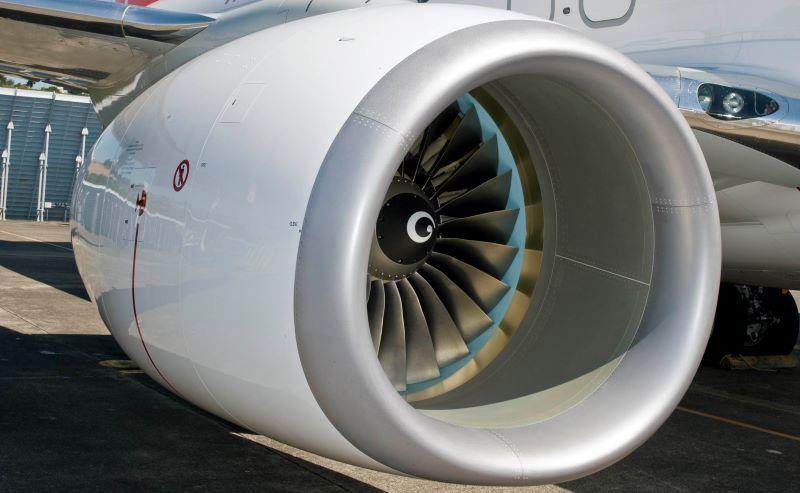CFM Suit Seeks Information Linked To Parts Broker’s Falsified Records

CFM56 engine
CFM International is seeking court assistance to force broker AOG Technics to hand over documentation on some parts it has sold as well as any CFM and GE parts in its possession as part of industry’s effort to understand the scope of an apparent records-falsification scheme.
The GE Aerospace-Safran joint venture’s lawsuit, filed Sept. 7 before proper Courts of England and Wales, seeks a mandatory injunction that would force AOG Technics to hand over both parts and transaction documentation.
So far, 68 engines have been identified as having parts sold by the UK-based broker with falsified records, CFM confirmed.
The probe has discovered a total of 78 falsified records—77 European Union Aviation Safety Agency (EASA) Form 1s and one Civil Aviation Administration of China Form AAC-038 airworthiness approval documents—linked to CFM56 parts. Two fake FAA 8130-3 forms linked to CF6 parts have also been uncovered.
All of the records were passed off as originating from GE, Safran, or CFM, and attached to parts sold to AOG Technics.
None of the companies has any affiliation with the broker.
CFM continues to work with operators and maintenance providers to validate any documentation supplied by AOG Technics.
“Safety is our first priority, and we are taking aggressive legal action against AOG Technics to accelerate the industry’s ability to identify parts sold by this third-party with falsified documentation,” CFM said in a statement. “We remain fully engaged with aviation regulatory authorities to support their investigations into AOG Technics, and we continue to work with our customers to assess the authenticity of documentation for parts they acquired directly or indirectly from AOG Technics.”
A maintenance shop in July flagged parts bought from AOG Technics as having suspicious paperwork. The documentation, allegedly produced by the manufacturer and provided by AOG Technics, said they were new CFM parts, but the shop thought they looked used.
CFM confirmed the documents—needed to authenticate the parts as airworthy—were false. CFM and GE notified industry and regulators, kicking off a search for any parts sold by the broker.
EASA has confirmed that AOG Technics was falsifying records on parts the broker sold. As of Sept. 7, the company had not provided any additional information to help explain the situation.
Neither EASA nor CFM would say what types of parts are involved. CFM confirmed that none of them are life-limited parts, the 20 or so disks, shafts, and other engine parts that are among the most critical and expensive. None of the unapproved parts have been linked to any in-service incidents, the company added.
Both EASA and the UK Civil Aviation Authority issued “suspected unapproved parts” notices in early August. It is not clear whether either regulator has taken any subsequent action against AOG Technics.
The FAA has not issued any public notices related to AOG Technics and declined to answer specific questions.
“Speaking generally, the FAA investigates suspected unapproved parts cases through our Continued Operational Safety process,” the agency said.
A Sept. 8 Bloomberg report said multiple online profiles of alleged AOG Technics employees, including its chief commercial officer, that listed significant aviation experience appear to be fake. Calls to companies listed in the profiles, including several airlines, determined the employees never worked there, the report said.





